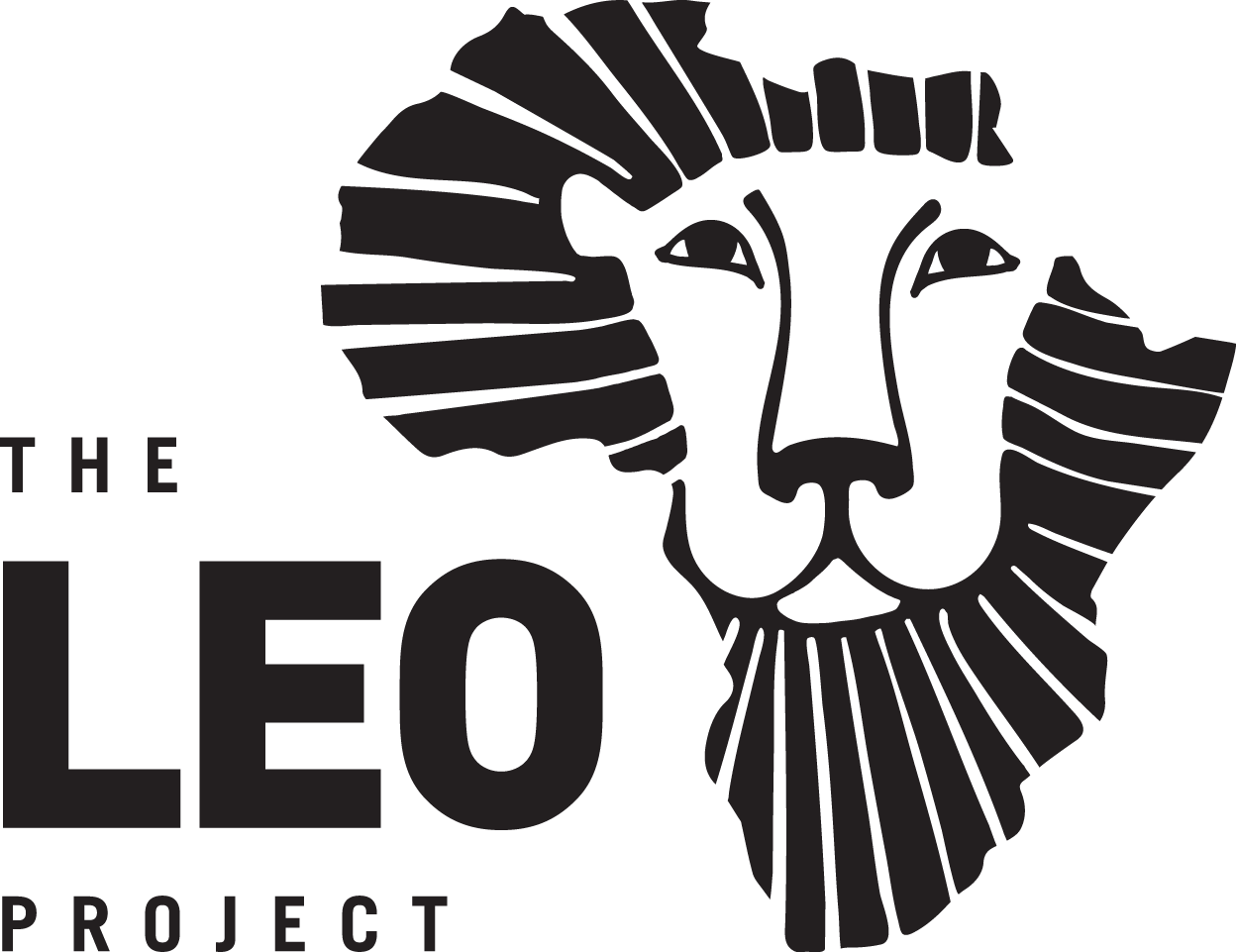Building Digital Literacy in Rural Kenya
In today’s world, digital skills aren’t just an advantage—they’re a necessity. Whether applying to university, accessing job opportunities, managing a business, or helping children with homework, the ability to navigate a computer, smartphone, and the internet is essential. Yet for many young people and adults in rural Kenya, this foundational knowledge remains limited—or entirely out of reach.
According to the 2023/2024 Kenya Housing Survey, access to technology is steadily growing, but significant disparities remain. Internet penetration stands at 57% in urban areas compared to just 25% in rural ones. Computer access is 21% versus 7%, and mobile phone ownership 65% versus 49%—highlighting a persistent and deeply rooted digital divide.
To help close this gap, Kenya launched a National Digital Literacy Curriculum in May 2025 with the goal of equipping 20 million citizens—including 350,000 teachers—with the digital skills and IT proficiency needed to participate fully in today’s digital world.
At The Leo Project, our digital literacy program complements this national initiative by filling critical gaps—particularly in remote and underserved communities like those in Laikipia County. We believe opportunity begins with access. That’s why we’re committed to helping students and community members bridge the gap between potential and possibility.
Alex and Francis teaching Digital Literacy in a local primary chool
But when we talk about digital literacy, we’re talking about more than learning to use a computer. We’re talking about unlocking doors—to jobs, to education, to communication, to creativity.
Our program operates in two main settings: In local schools, where we work with primary and secondary school-aged students, and at The Leo Project’s Resource Center, where we offer training for recent secondary school graduates and adult learners.
In both spaces, our goal is to create inclusive, hands-on learning environments that meet learners where they are—and give them the tools to go further.
Starting With the Basics
When we first enter a school, we start with the fundamentals. For many students, this is the first time they’re interacting with a computer.
“We ask them, ‘What do you think a computer is?’” explains Francis Macharia, TLP Education Program Coordinator, and Digital Literacy lead teacher. “Some say it’s a calculator, others think of it as a massive machine. We start from those answers and build from there.”
Francis teaching in a local school
From powering up a laptop and using a mouse to opening and saving files, our curriculum introduces students to essential skills—always with plenty of hands-on time. Once they’re comfortable, we move into programs like Word, Excel, and PowerPoint, teaching students how to write emails, create presentations, and do basic data entry.
We also introduce programming and basic coding. As Francis shares, programming and coding isn’t for everyone, “but for the ones that really love it, they just can't get enough.” For many of those students, our robotics program is a natural next step. It’s where they begin to apply what they’ve learned creatively—transitioning from users of technology to creators. We also cover responsible internet use, online research, and practical tools like A.I., budgeting, and job searching.
Margaret at her shop in Kariunga
At our Resource Center, we work with adult learners—many of whom are touching a computer for the first time. One of them is Margaret, who owns a small shop in Kariunga village, just down the road from The Leo Project.
“I knew as a business person, I needed to learn digital literacy,” she said. “I saw that here there are services being offered. So I took that step to increase my knowledge.”
Before taking the class, Margaret tracked her inventory by hand. “I had been doing everything manually. But since I got the training at Leo, I’m now doing it digitally. I find the work has become much easier.”
Bridging More Than the Digital Divide
Digital skills create options—and in communities where options are limited, that’s powerful. “There are people in town who now have jobs because they gained these skills,” Francis shared.
But we also recognize that the challenges facing communities like those in The Leo Project’s catchment area are complex. As Alex Sandile, Education Program Manager at TLP, explained, “The truth of the matter is that if you're talking about actual life needs, computers and digital literacy will not be at the top. So, it’s a struggle because you need to look forward, people need to have access to the skills and tools to have a very good future, but there are also other things that the community needs more than computers.”
He expanded on the reality of the situation: “They need food, they need shelter, they need healthcare, they need basic education. It's just a matter of ensuring that as others are growing and benefiting from technology you're not leaving others behind.”
“We’ve living in a world where having these digital skills is a necessity, but you still have people who are struggling with the most basic needs,” Francis added.
And yet, the ripple effect is undeniable. Students go home and teach their families what they’ve learned. Parents gain skills that help their children thrive. A young person begins to imagine a future that feels different, broader, more creative.
One of the biggest challenges we continue to face is access to equipment. In most schools, a single computer is shared by four or more students, limiting how much hands-on practice each learner gets. As we expand our programming, securing more laptops and improving internet connectivity remain top priorities.
Still, the progress is clear. From robotics clubs to real-world digital skills, we’re watching a generation step into the digital world with great autonomy and agency.
If you would like to support the Digital Literacy Program through a donation, you can do so here.
A donation of $300 will enable us to purchase one laptop for the program.
We also accept gently used laptops - reach out to info@theleoproject.org if you have one you’d like to donate.



